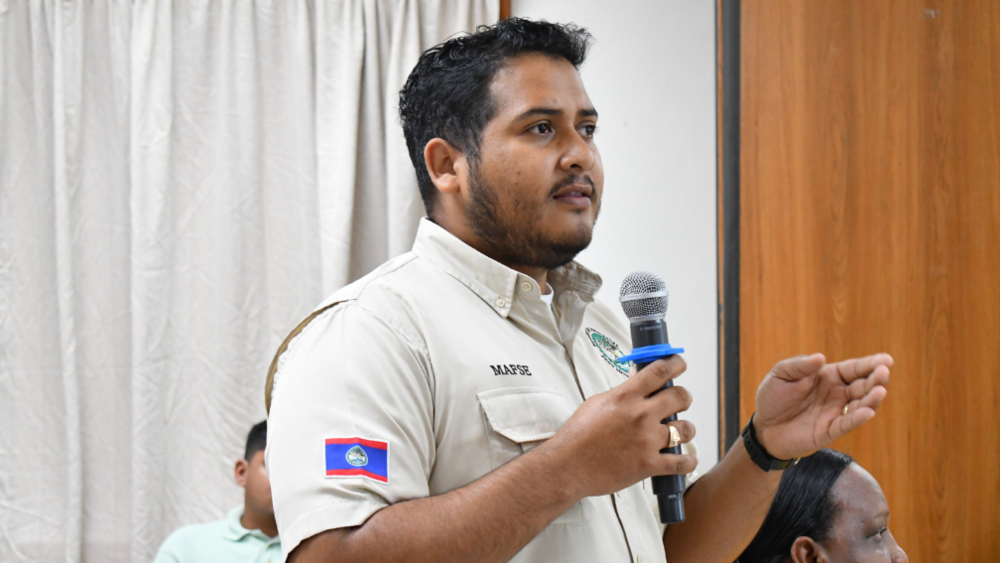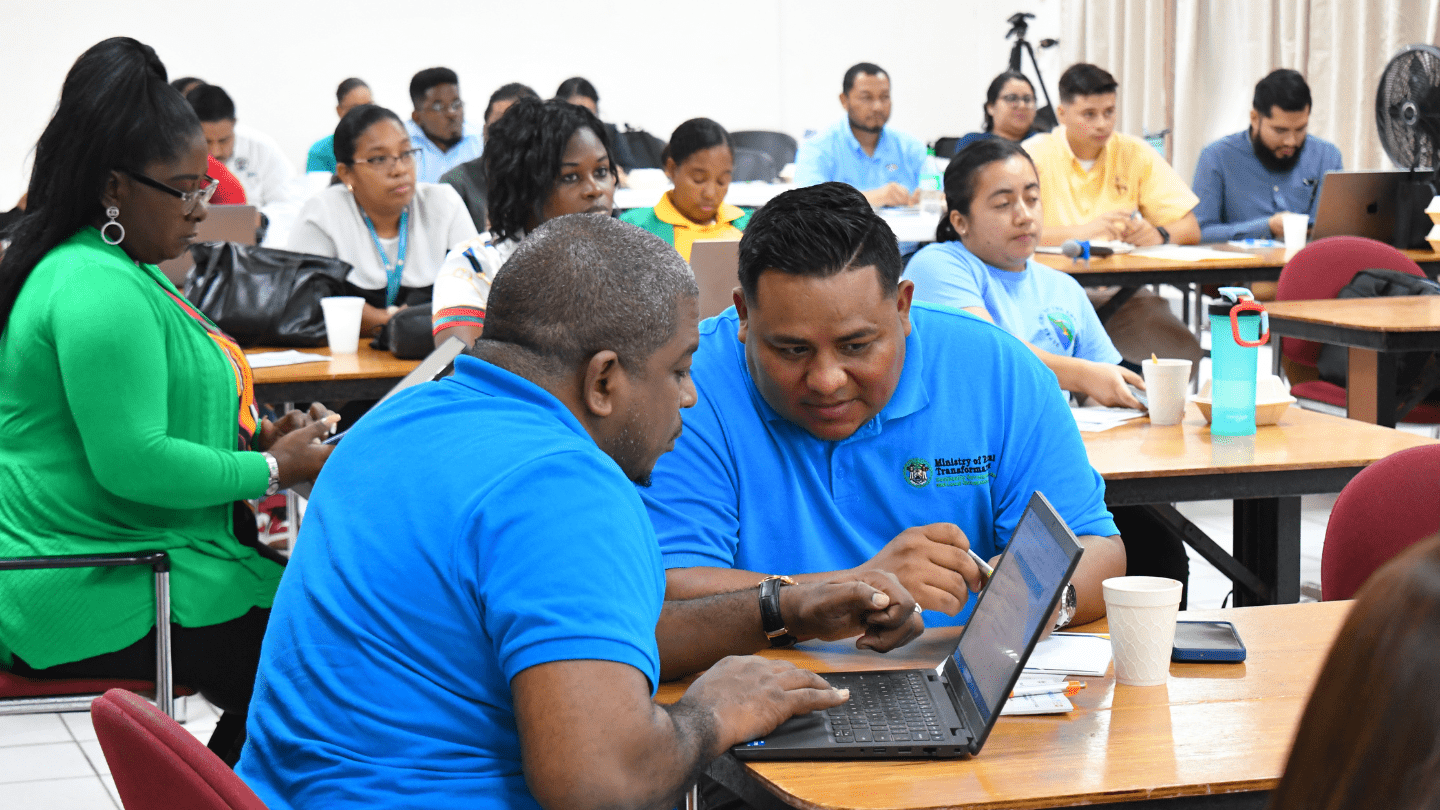UNFPA stands at the forefront to support the strengthening of National Statistical Offices (NSOs) globally through evidence-based technical advice, financial support and resource mobilization, provision of capacity building opportunities and resource tools and leveraging institutional partnerships for more effective coordination. Consequently, the significant investment of USD 3.46 million grant from the Korea International Cooperation Agency (KOICA), in partnership with the United Nations (UN), to implement the "Enabling Belize’s Statistical System" project has positioned UNFPA to lead on the key outcome related to enhancing the capacity of the Statistical Institute of Belize (SIB) through scientifically-based assessments, curated training plans for targeted interventions and enhancing the technical and leadership capacity of the SIB to coordinate the National Statistical System (NSS) of Belize. This initiative is part of a broader Record of Discussion Arrangement with the Government of Belize and involves five UN agencies and six government entities, coordinated by the Office of the UN Resident Coordinator.
Specifically, the project aims to strengthen Belize’s national data system to ensure the availability of relevant, accurate, and timely data for evidence-based development planning and effective monitoring of national programs under the country’s sustainable development frameworks.
UNFPA, as a Participating UN Organization (PUNO) in this joint initiative is leading key activities, including the establishment of a system for continuous human resource development within the Statistical Institute of Belize (SIB). At the center of this objective is the quantitative evaluation of the capacity of the SIB through a specially developed evaluative program called the Tool for Assessing Statistical Capacity (TASC). The TASC was developed by the United States Census Bureau (USCB) to assess the statistical capacity of NSOs to conduct censuses and household-based surveys. It provides a quantitative score of the overall capacity of an NSO, highlighting the areas of strength and weakness relying heavily on the dimensions of human and physical capital, methodological soundness, quality assurance and written procedures and documentation. In the framework of this project, the TASC process commenced in 2024 where representatives from key data-producing agencies examined various aspects of Belize’s NSS, including Institutional Capacity, Data Processing, and Data Dissemination. The validation session held on 31 January 2025 provided an opportunity for stakeholders to confirm these findings, discuss areas for improvement, and strategize on the way forward.

“The validation session is a crucial step in ensuring that Belize’s statistical system continues to grow and improve,” said Diana Castillo-Trejo, Director General of the Statistical Institute of Belize. “By working together, we can strengthen data quality and enhance the availability of reliable statistics to support national development.”

The insights gained from this session will inform future initiatives, including the development of a comprehensive training plan for NSS agencies, the introduction of quarterly training programs, and the establishment of a Quality Assurance Framework for the NSS and for the SIB. UNFPA remains committed in supporting these efforts aimed to improve data quality and comparability across Belize’s statistical landscape and ensuring that reliable data continues to support Belize’s development goals.


